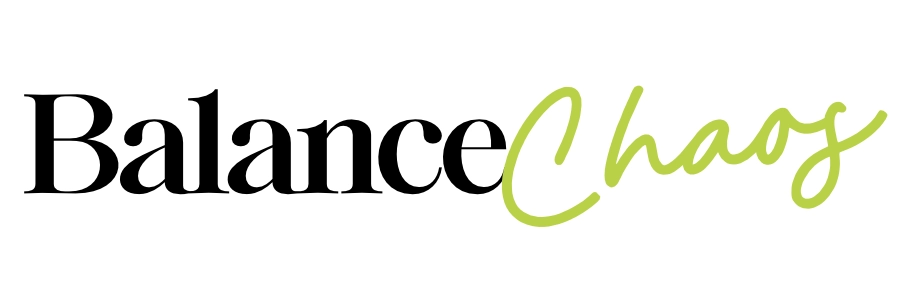How it’s not going to go:
“Eat salad for every meal, and cut out carbs entirely”… said no balanced nutritionist/dietitian ever. But I swear, that’s not much of an exaggeration of what people think I’m going to tell them when they ask me for diet advice. I think the general perception is that a nutritionist or dietitian will begin your nutrition education in the same way that every Nutrition 101 course begins: by talking to you about calories, macronutrients, & portion sizes. The counseling session will wrap up neatly into a Cooking Light recipe book, eventually leading into a discussion of specific “healthy” food choices, a grocery list filled with fancy fresh herbs, produce items, and supplements, followed by a barrage of recipes that no real person has time to make. Only professional bloggers have time to make these recipes! And everyone loves the good old “Eat THIS not that” dichotomy, right? Which one is better for me: almond butter, cashew butter, or peanut butter?
The reality:
No need to feel guilty when you don’t choose salads for every meal. No food guilt! Unfortunately, advice about “good” and “bad” foods is pervasive in American society… It’s not going away overnight. I don’t believe in ranking foods strictly according to nutrient content as if food choices exist in a vacuum where cost, taste, culture, and environment don’t matter at all… I don’t want to begin my nutrition discussions with lessons of the chemical make-up and energy content of foods (macronutrients and calories). Yes, yes. That’s fascinating. To me. Because I studied agriculture, food, and nutrition. I’m a huge nerd. BUT that knowledge by itself will not change health behaviors. Just because that’s how I learned about nutrition in academia does not mean that this is how we should teach healthy eating in the context of daily living.
So, how do I coach my nutrition clients? I listen and use motivational interviewing (MI) techniques to identify knowledge, attitudes, people, and situations that act as barriers to change. Together, we come up with individualized solutions to address these obstacles. Sometimes, the solution does involve recipes! Other times, we might talk about protein- or fiber-rich foods. We might discuss what to say to a discouraging coworker or family member. No dietitian or nutritionist has the same approach to counseling. MI works well for my clients. The approach also aligns with my principles of a maintaining a healthy relationship with food, building body confidence, and taking sustainable actions to lead a balanced life.
Read on at The “Pick 3/4 Checklist” for Balanced Meals & Snacks and 7 Balanced Eating Principles to see the foundational nutrition advice that I use to counsel my clients.
There is no quick fix… but I promise, you can still feel supported with clarity and step-by-step guidance in your journey.
Ready to take the next step? Book a free 15-minute initial consultation with me!



